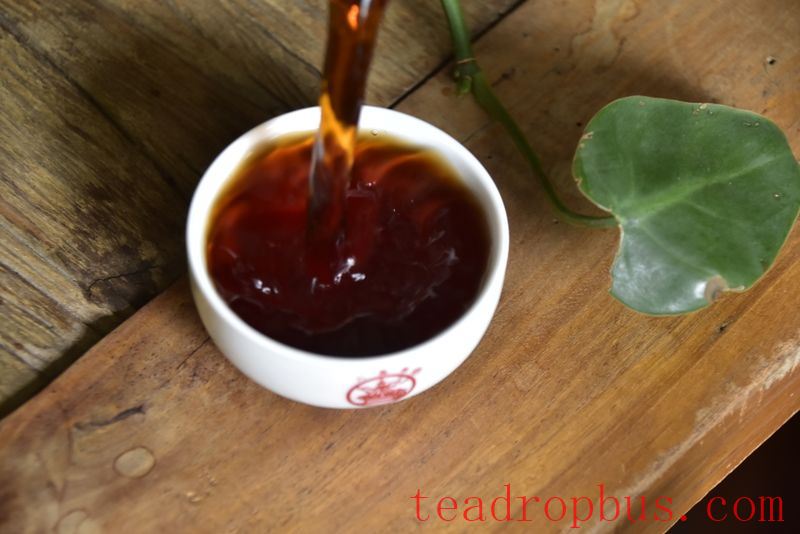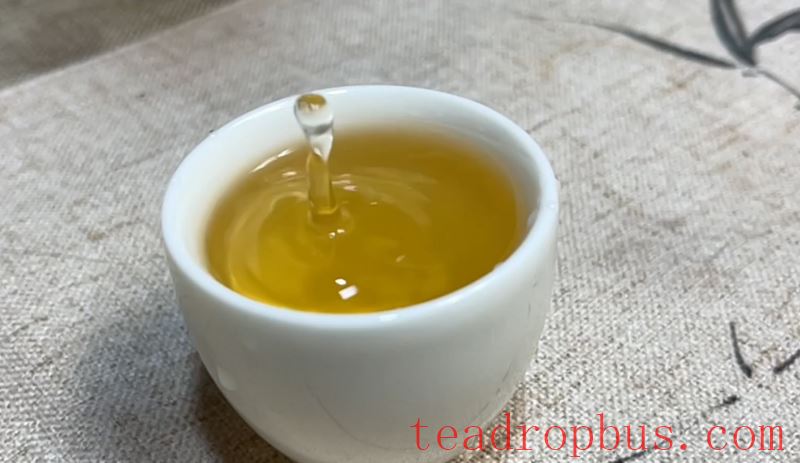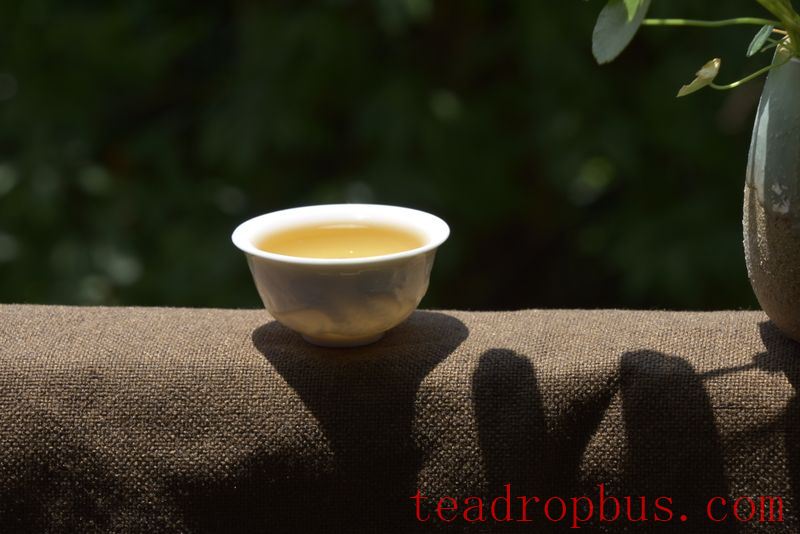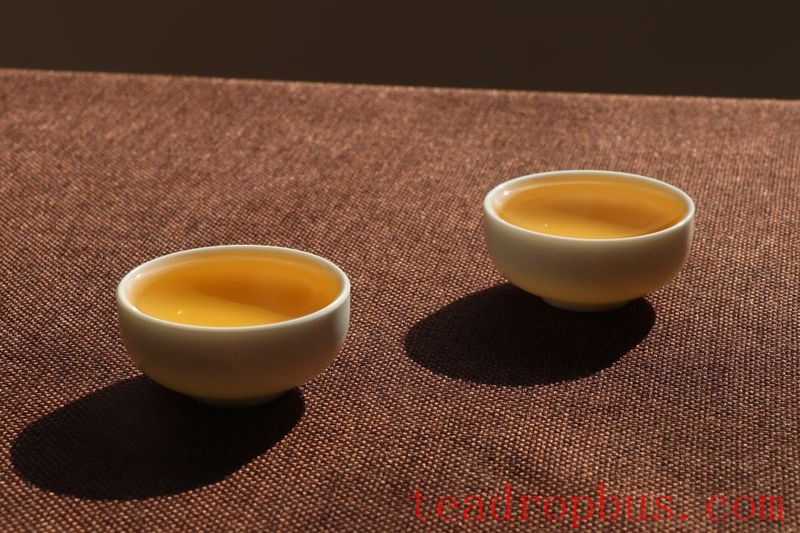Traditional Chinese medicine believes that Tea can clear the head and eyes, relieve irritability and thirst, dissolve phlegm, aid digestion, promote urination, and detoxify the body. Modern medical research has proven that Drinking Tea can eliminate fatigue, promote diuresis and reduce swelling, and can also counteract the harm caused by smoking. Although drinking tea is beneficial for health, not paying attention to certain prohibitions can lead to adverse consequences. Today, we will discuss the “eight taboos” to be aware of when drinking tea.

What Are the Eight Taboos of Drinking Tea
1. Avoid drinking tea on an empty stomach.
Drinking tea on an empty stomach dilutes gastric juices and reduces digestive function. It can also cause “tea drunkenness,” characterized by palpitations, dizziness, headache, weakness, and difficulty standing steadily. Additionally, drinking tea on an empty stomach can exacerbate feelings of hunger and, in severe cases, may lead to hypoglycemic shock. Drinking tea on an empty stomach is like “inviting a wolf into your home.” In China, there is a saying: “Do not drink tea on an empty stomach.” It is recommended to first drink a cup of plain water and have some snacks before drinking tea in the morning.
2. Avoid drinking scalding hot tea.
Very hot tea can strongly stimulate the throat, esophagus, and stomach. If you consistently drink very hot tea, it may lead to diseases of these organs. According to foreign research, people who regularly drink tea above 62°C are more likely to experience damage to their stomach lining and develop gastric issues. After brewing tea, wait a moment for the temperature to cool down to around 60°C before drinking it slowly.

3. Avoid drinking cold tea.
As the saying goes, three things are most harmful to health: “diluted wine, cold tea, and an old woman.” This shows that drinking cold tea is bad for your health. Cold tea has a chilling effect and can contribute to the accumulation of phlegm, particularly detrimental to women with a cold constitution. Drink freshly brewed tea promptly, and if you cannot finish it, do not store it in the refrigerator or drink it the next day.
4. Avoid drinking strong tea.
The saying goes, “Mild tea drunk warm is most nourishing.” Strong tea contains more caffeine and alkaloids, which can be highly stimulating and may cause headaches and insomnia. It can also lead to tachycardia, which is not beneficial for those with conditions such as tachycardia, premature beats, or atrial fibrillation. Women during menstruation, pregnancy, childbirth, and lactation should especially avoid drinking strong tea. The ratio of tea to water should be appropriate; do not use too much tea leaf and too little water.
5. Avoid excessive reinfusions.
According to experimental measurements, the first infusion can contain up to 50% of the total soluble substances, the second infusion about 30%, the third infusion around 10%, and the fourth infusion only 1-3%. Further infusions can release harmful components from the tea leaves, as trace harmful elements are often extracted in later infusions. Generally, after 3-4 infusions (with some exceptions, such as Pu'er and dark teas), there is not much flavor left in the tea, so it is best not to exceed four infusions.

6. Avoid drinking tea before meals.
Drinking tea before a meal is similar to drinking tea on an empty stomach. It can dilute saliva and make food tasteless, temporarily reducing the digestive system's ability to absorb proteins. Drinking tea on an empty stomach directly stimulates the gastrointestinal tract, dilutes digestive juices, and can lead to symptoms of tea drunkenness. It is better to eat some snacks or appetizers before drinking tea, or drink tea during the meal.
7. Avoid drinking tea immediately after eating.
It is not advisable to drink tea immediately after eating. Drinking tea right after eating can dilute gastric juices and affect digestion. Tannic acids in tea can cause the solidification of food substances, putting extra strain on the stomach and hindering protein absorption. It is best to drink tea one hour after a meal to aid digestion and eliminate greasiness.

8. Avoid taking medication with tea.
Tea contains large amounts of tannins, which can break down into tannic acid and bind with many medications, forming precipitates that hinder absorption and reduce the efficacy of the drugs. As the saying goes, “Tea water negates the effects of medicine,” so never take medication with tea, as doing so would render the medication ineffective.
Understanding these “eight taboos” of drinking tea means not only knowing about tea but also how to drink it properly. Brew a pot of tea, filling the room with its fragrance, watch as the tea in the cup changes from light to strong, floating and sinking, dispersing and gathering, and gradually understand that life is like tea, with its bitterness and fragrance.